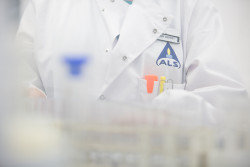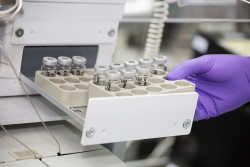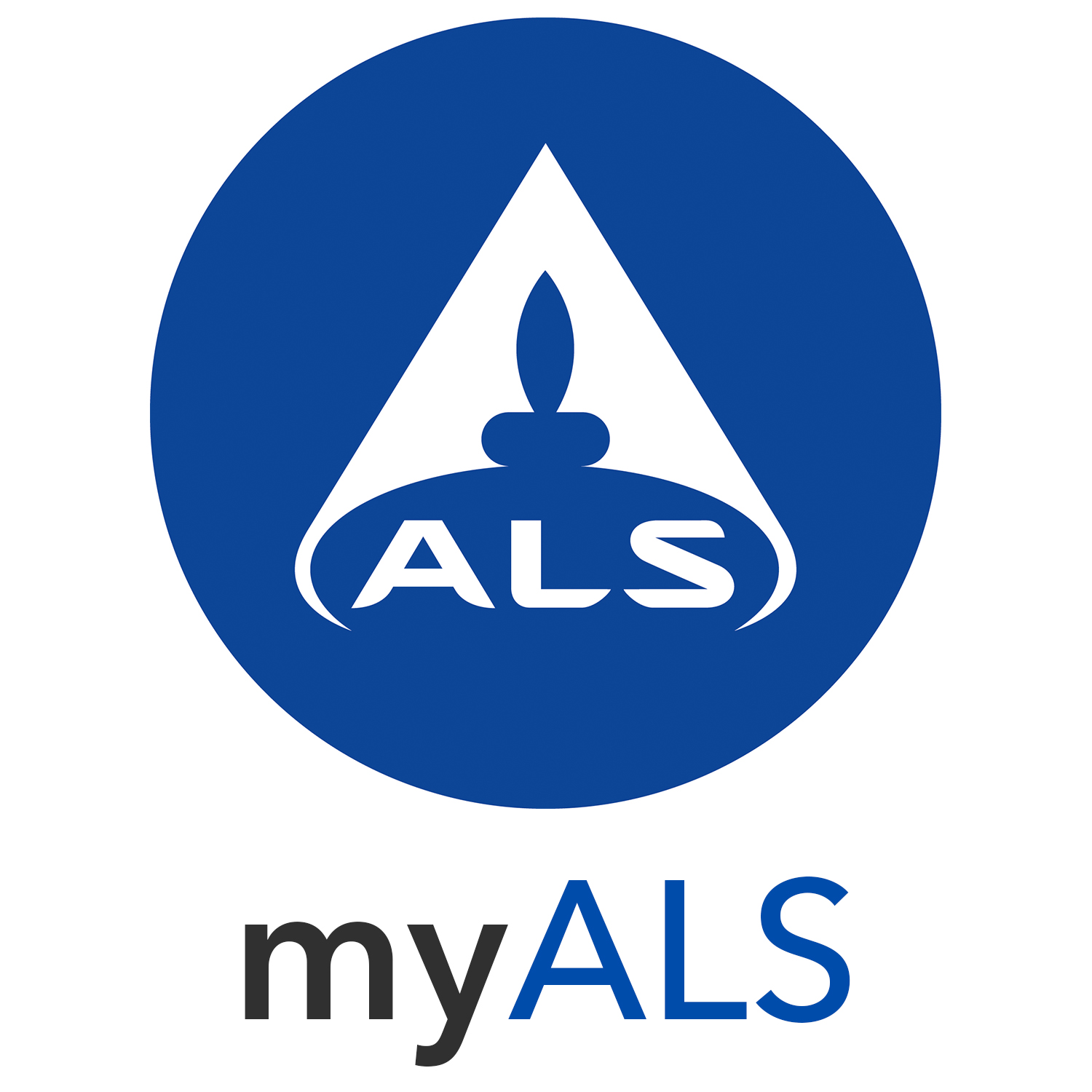Improved Waste Water Methodology for Mercury Analysis
Mar 1, 2017

The analysis and monitoring of metallic parameters is key to all water testing that is reported to the Environmental Agency (EA) under a broad portfolio of regulations including but not limited to the Water Framework Directive (WFD), Discharge Consent and the Ground Water Regulations (1998). ALS Environmental have now validated and accredited an improved method for the detection of mercury, referred to as WAS013.
Mercury is a naturally occurring element that can be found throughout the environment in air, water and soil, existing in a number of different forms: elemental, metallic, inorganic and organic compounds.
Human activities, such as burning coal and using mercury to manufacture certain products, have increased the amount of mercury in many parts of the environment including the atmosphere, lakes and streams. Inorganic mercury compounds have been included in products such as fungicides, antiseptics, disinfectants, make up and traditional medicines.
Excessive exposure to inorganic mercury compounds can result from misuse or overuse of mercury-containing products. Exposure to mercury compounds is primarily through ingestion, but can occur through other pathways. High exposures to mercury compounds can damage the gastrointestinal tract, the nervous system, and the kidneys.
Upon unveiling the improved WAS013 method Chris Law, Inorganic Chemistry Operations Manager at ALS Environmental comments:
The new mercury method demonstrates to our customers that we are committed to providing the most robust, reliable and appropriate analytical methods in the UK.

The improved WAS013 method allows ALS to report mercury to a reporting limit of 0.010µg/l using the PSA Merlin Millennium system. The method is UKAS accredited for land and prepared leachates, surface waters, ground waters, process waters and accredited to the MCERTS standard for treated sewage, untreated sewage and trade effluents. In addition to lowering the reporting limit, ALS have also been able to significantly reduce both the bottle size and volume of fixative required, reducing the sampling health and safety risks to a minimum.
For more information on the Environmental Agency, WFD, Discharge Consent guidance, Ground Water Regulations (1998) or for any other analytical enquiry, please request a quote, contact us or call us on 02476 421 213.


